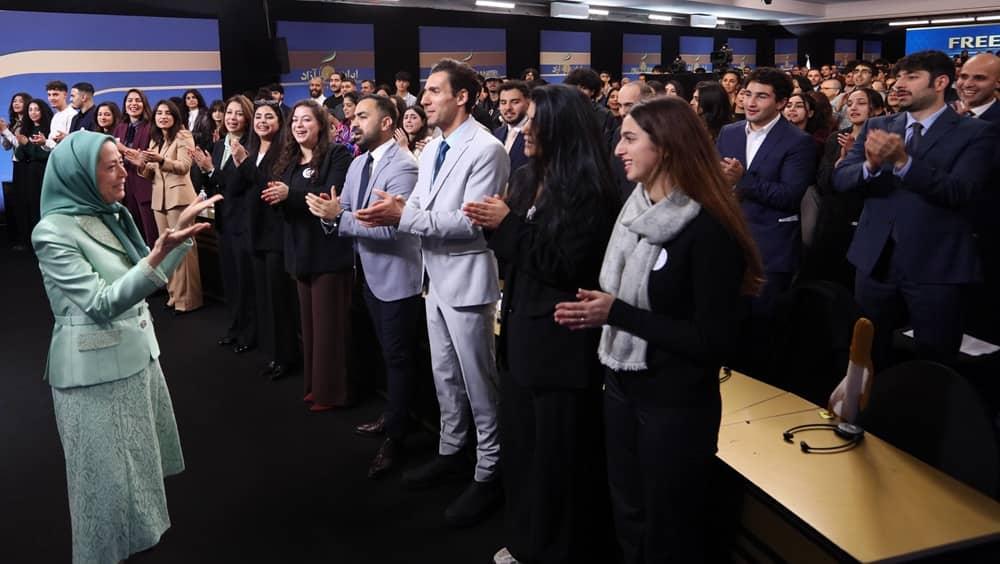In a strategic maneuver to alleviate its economic challenges, Iran is urging China to facilitate the sale of $1.7 billion in stranded oil, according to sources familiar with the matter. The plea highlights Iran’s growing reliance on its Asian partner amid ongoing sanctions imposed by Western nations. As Tehran seeks to navigate a difficult financial landscape exacerbated by restrictions on its oil exports, the burgeoning relationship with Beijing has become increasingly pivotal. This development not only underscores the complexities of global energy markets but also raises questions about the broader implications for international trade dynamics and geopolitical alliances in a rapidly shifting landscape.
Iran’s Urgent Appeal to China for Access to Stranded Oil Revenues
Iran is intensifying its diplomatic efforts, urging China to facilitate the sale of approximately $1.7 billion in oil revenues that have been stranded due to U.S. sanctions. According to informed sources, Tehran is pressing Beijing to allow these funds to be transferred, which would significantly alleviate Iran’s current economic challenges. The ongoing pressure from international sanctions has left the Iranian economy grappling with inflation and a devalued currency, making the release of these funds a critical issue for the Iranian government.
The financial strain on Iran is not just about the immediate benefits of accessing these revenues; it also signifies the broader implications of U.S. foreign policy on global energy markets. With China being one of the few remaining buyers of Iranian oil, Tehran is counting on bolstered relations with Beijing to secure its economic stability. Key points in the negotiations reportedly include:
- Expedited Fund Release: Ensuring prompt access to the stranded revenues.
- Ongoing Oil Purchases: Maintaining and potentially increasing the volume of Iranian oil imports by China.
- Strategic Cooperation: Strengthening political and economic ties between the two nations amid increasing Western pressure.
Implications of Stranded Oil Sales on Iran-China Relations
The recent push by Iran for China to facilitate the sale of stranded oil worth $1.7 billion highlights the evolving dynamics of their bilateral relationship amidst geopolitical tensions. As sanctions continue to restrict Iran’s access to international markets, reliance on China as a primary economic partner has intensified. This situation not only underscores Iran’s desperation to monetize its oil resources but also raises concerns over China’s strategic leverage in the relationship. Should China accommodate Iran’s request, it may be seen as a move to further entrench its influence in the region, expanding its energy footprint while simultaneously enhancing its position against Western sanction regimes.
Moreover, the implications of these oil sales extend beyond mere economics. They could signal a deepening of strategic ties, with potential consequences for broader geopolitical alignments. Increased oil trade may lead to shifts in regional power dynamics, prompting other countries to reconsider their alliances. The sale would not only support Iran’s beleaguered economy but also act as a tactic for China to assert its role as a pivotal player in the Middle East, potentially leading to a more multipolar trade environment. The resulting interdependence might embolden Iran to pursue more assertive policies, knowing it has a significant partner in Beijing.
Strategies for Iran to Navigate Sanctions and Boost Oil Exports
Iran is seeking innovative approaches to circumvent the challenges posed by international sanctions while revitalizing its oil export capabilities. Key strategies include enhancing diplomatic ties with allies and expanding its existing partnerships, particularly with China. By negotiating favorable terms for its oil sales, Iran aims to gain access to alternative markets and bolster revenue. Specific tactics could involve:
- Leveraging barter agreements: Trading oil for goods and services, thus sidestepping the traditional financial systems impacted by sanctions.
- Utilizing shadow networks: Establishing clandestine routes and intermediaries to facilitate oil exports, reducing reliance on conventional shipping lanes.
- Adopting flexible pricing models: Implementing competitively priced oil to appeal to countries less affected by sanctions, thereby expanding its customer base.
Additionally, Iran could benefit from investing in technology to enhance its oil extraction and upgrading processes, making its crude oil more competitive in a crowded market. Engaging with international firms willing to engage discreetly could further provide the necessary infrastructure and expertise. A targeted focus on the following aspects may yield greater results:
| Strategy | Description |
|---|---|
| Diversification of export partners | Establishing trade relations with non-Western nations to reduce financial strain. |
| Investment in extraction technology | Improving efficiency to maximize output and profits from existing oil fields. |
| Smart contracts | Utilizing blockchain technology for secure transactions and reducing risks in trading. |
Insights and Conclusions
In conclusion, as Iran continues to navigate the complexities of international sanctions and its relationship with China, the push to unlock $1.7 billion worth of stranded oil highlights the significant economic stakes involved. Should China agree to facilitate this sale, it could not only provide a much-needed financial lifeline for Tehran but also bolster its own energy diversification efforts amid rising global demand. The outcome of these negotiations could have far-reaching implications for both nations and reshape the dynamics of the global oil market. As this story develops, stakeholders across the geopolitical landscape will be watching closely to see how Iran’s oil ambitions intersect with China’s energy strategy and the broader implications for international trade and sanctions regimes.
